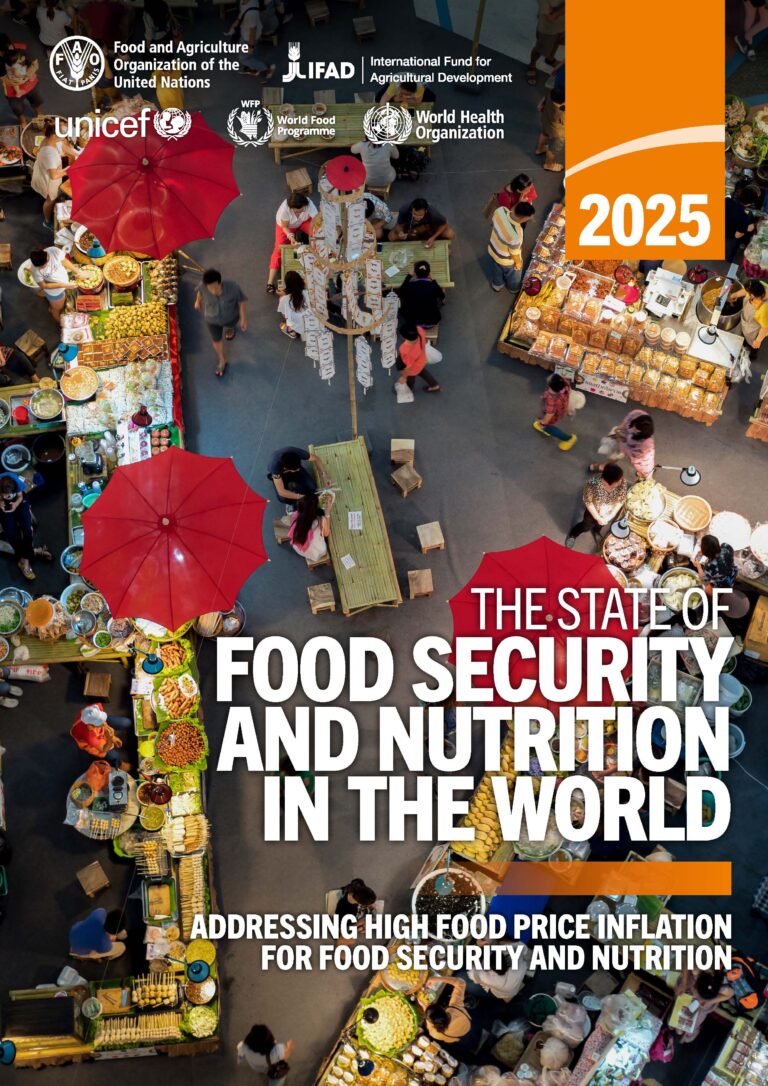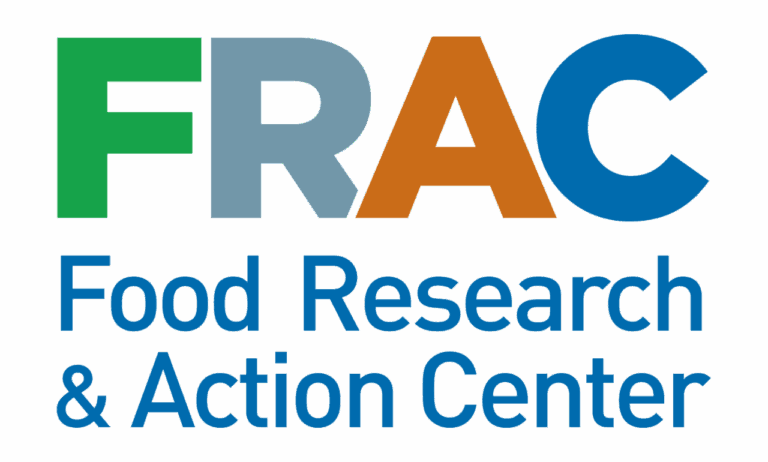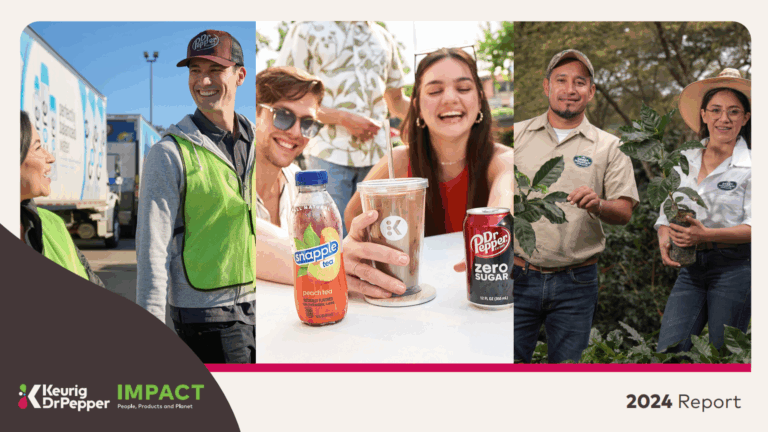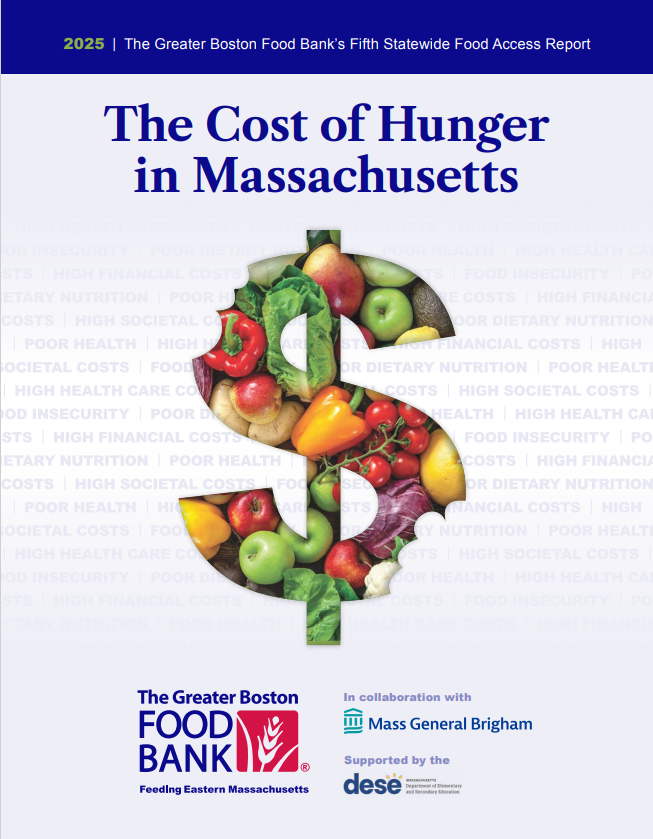Resources
Food & Society at the Aspen Institute launched its Food is Medicine Community Action Plan to support community-based organizations (CBOs) in scaling food-based health interventions. Developed i...
MassHealth provides health care services to around 2 million Massachusetts residents, brings in significant federal revenue, and serves as a driver of health system reform. In light of recent changes ...
On this episode of RWJF’s The Intersection podcast, host Anton Gunn talks to Aija Nemer-Aanerud (People’s Action Institute) and Lindsey Muniak (Debt Collective)––two changemakers helpi...
UNEQUAL, released by Oxfam on November 3, provides a snapshot of U.S. economic inequality; examines the influence of concentrated wealth on politics; and assesses how policymakers’ choices on tax...
A brief published on October 6, 2025, from the Medicaid Food Security Network focuses on how Medicaid-funded food and nutrition interventions, SNAP, and WIC work together to expand nutrition access. I...
An estimated 8.2 percent of the global population, or about 673 million people, experienced hunger in 2024, down from 8.5 percent in 2023 and 8.7 percent in 2022, announced in The State of Food Securi...
A new FRAC toolkit, produced in partnership with Drs. Kofi Essel and Kimberly Montez, helps health care providers, medical professionals, and anyone who treats or engages with families learn about o...
A new report from Boston Indicators and Children’s HealthWatch, The Dignity Dividend: Lessons Learned from Guaranteed Income Pilots in Massachusetts, synthesizes the successes and challenges of...
Keurig Dr Pepper (KDP), an H2HC Leadership Council member, has released their 2024 Corporate Impact Report.
KDP’s seven Key Impact Areas are:
Climate & Nature Action
Water Use & Stewardship...
The Greater Boston Food Bank (GBFB), an H2HC Leadership Council member, released its fifth annual statewide survey on food insecurity, The Cost of Hunger in Massachusetts.
The survey, created in col...









